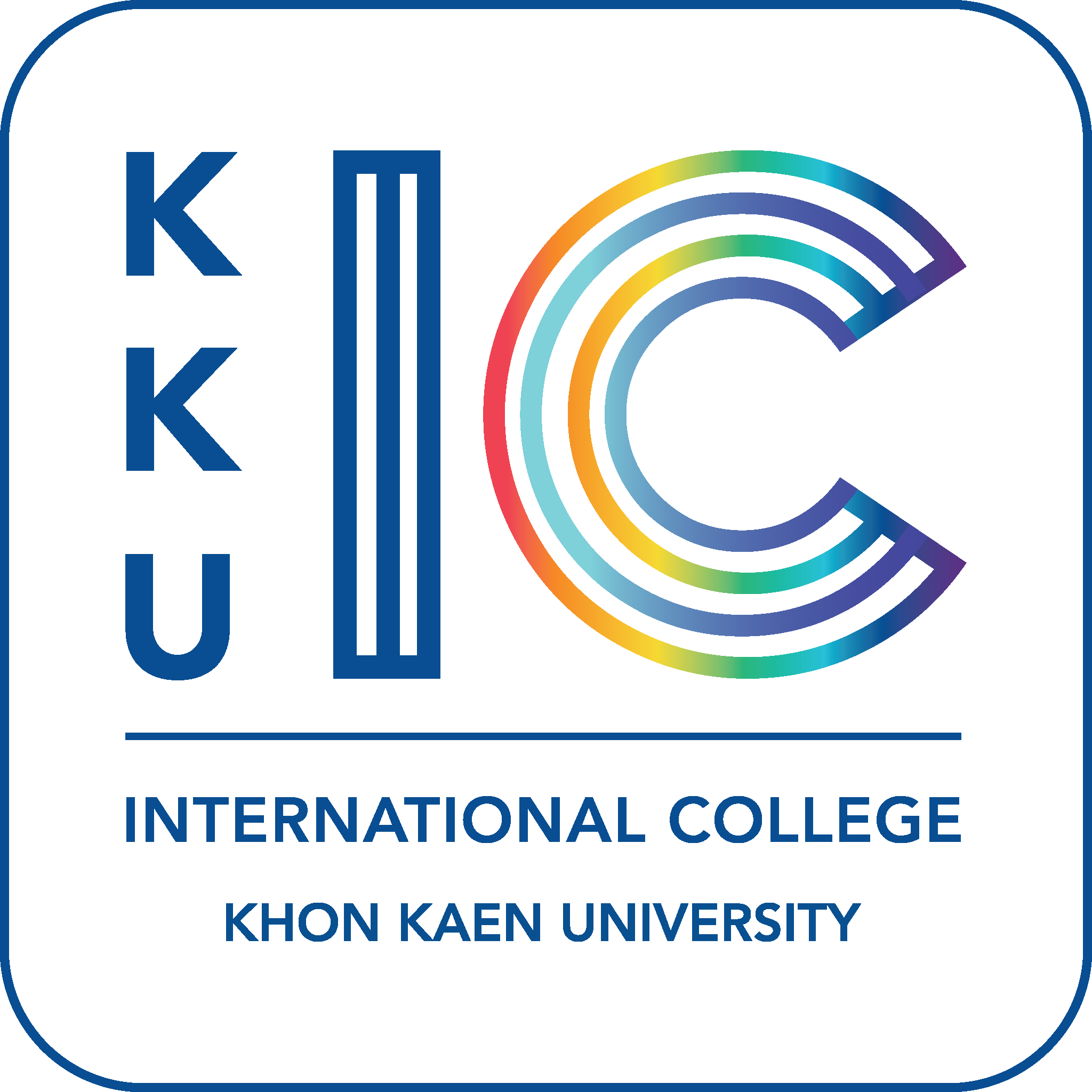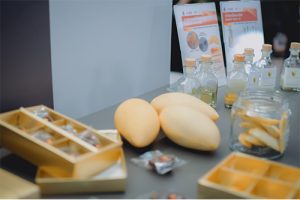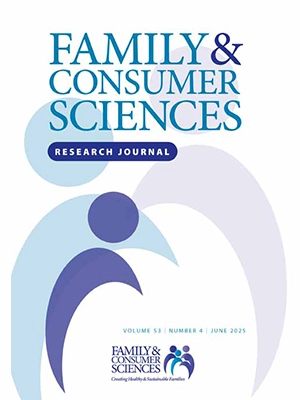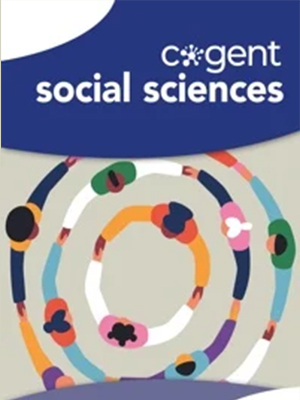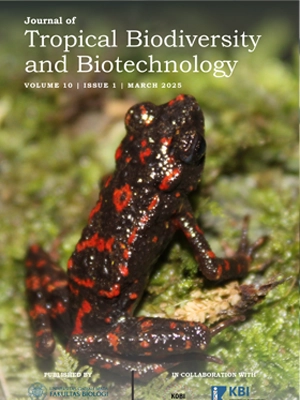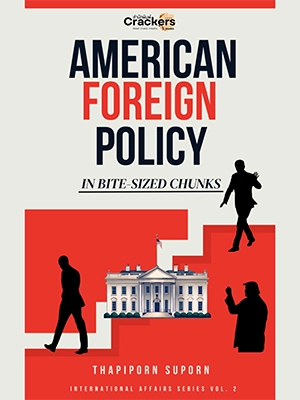- Home
- Research
- Center for Sustainable Innovation & Society (SIS)
Center for Sustainable Innovation & Society (SIS)
About
SUSTAINABLE INNOVATION AND SOCIETY


The Center for Sustainable Innovation and Society (SIS) was established by Khon Kaen University’s International College with the primary aim of conducting research and promoting practical solutions for societal benefit. Aligned with the United Nations’ Sustainable Development Goals (SDGs), SIS focuses on reducing inequality (Goal 10) and promoting sustainable consumption and production (Goal 12). Through interdisciplinary collaboration and cutting-edge research in sustainable technologies, SIS strives to address global challenges and create a more equitable and resilient future. The center also empowers communities, advocates for sustainable policies, and raises public awareness to drive positive change toward a sustainable world.
a little effort towards saving the environment is better than no effort.

Impact
Researching in the areas of people, prosperity, and planet is crucial for addressing various global challenges and promoting sustainable development. These areas encompass a wide range of topics, and conducting research in these fields can lead to valuable insights and innovative solutions to improve the well-being of individuals, societies, and the environment.
- People: Research in this area can lead to significant improvements in people’s lives. It can result in advancements in healthcare, education, and social well-being, leading to better quality of life, increased life expectancy, and reduced poverty and inequality.
- Prosperity: Research focused on prosperity can foster economic growth, innovation, and sustainable development. It can lead to the creation of new industries, job opportunities, and enhanced economic stability, ultimately raising the standard of living for individuals and communities.
- Planet: Research addressing environmental issues is crucial for the preservation of our planet. It can drive advancements in renewable energy, conservation efforts, and sustainable practices. This research is vital for mitigating climate change, protecting biodiversity, and ensuring a healthier environment for current and future generations.
Our Goals
SIS focuses on two primary goals
- Generating New Research
We aim to create cutting-edge research that pushes the boundaries of human understanding and knowledge in various fields.
- Applying Research for the Betterment of People, Prosperity and the Planet
SIS utilizes our research and innovation projects to benefit people, foster prosperity, and contribute to the well-being of our planet. By putting our findings into action, we seek to make a positive impact on society and the environment.
Research and Collaboration
- Research Theme: Sustainable Business and Innovation
SIS focuses on developing environmentally and socially responsible practices within the business world. We aim to create long-term value by balancing economic, environmental, and social impacts. Through innovation, SIS helps companies to find novel and efficient ways to reduce resource consumption, minimize waste, and create products and services that positively contribute to the well-being of society and the planet. By integrating sustainability principles into their operations, businesses can achieve competitiveness, resilience, and lasting success in a rapidly changing world.
- Research Collaboration
Collaborations with multiple institutions and organizations can bring diverse perspectives, expertise, and resources to a research project. Each partner can contribute unique insights and methodologies, leading to more comprehensive and impactful outcomes.
Our Collaborations
Mekong Institute (MI)
The Mekong Institute is a regional intergovernmental organization based in Khon Kaen, Thailand, specializing in capacity building and research in the Greater Mekong Subregion (GMS). Collaborating with the Mekong Institute demonstrates a commitment to addressing socio-economic and development challenges in the GMS through applied research, knowledge sharing, and skill development programs. This partnership will likely involve joint projects, policy research, workshops, and training initiatives aimed at fostering sustainable development, economic growth, and regional cooperation in the Mekong region.
Principles for Responsible Management Education (PRME)
The Principles for Responsible Management Education (PRME) is a United Nations-supported initiative that brings together business schools and academic institutions worldwide to promote responsible management education. This collaboration indicates a commitment to integrating principles of sustainability, ethics, and social responsibility into business education and research.
University of Southern Denmark (SDU)
The University of Southern Denmark (SDU) is a renowned institution of higher education and research located in Denmark. This collaboration likely involves joint research projects, academic partnerships, and knowledge exchange initiatives. Such collaborations are common in academia and often aim to leverage the expertise of both parties to address complex research questions and foster academic progress.
University of York
The University of York is another distinguished institution, located in the United Kingdom. Partnering with the University of York may entail similar activities, such as collaborative research projects, faculty and student exchanges, and joint workshops or conferences. The specific fields of research and the scope of collaboration may vary based on the shared interests and strengths of both institutions.
University of the West of England Bristol (UWE Bristol)
UWE Bristol is a well-regarded university located in Bristol, United Kingdom, known for its research and teaching excellence. A research collaboration with UWE Bristol suggests that your organization is partnering with this university to conduct joint research projects, share knowledge, and collaborate on academic and research activities.
By joining forces with these esteemed institutions and organizations, the research collaboration can make a significant contribution to knowledge and promote responsible and sustainable practices in the academic and business communities. It’s essential to leverage each partner’s strengths and expertise to achieve the best possible outcomes for our research endeavors.
Our Past Projects
Ugly Veggies
Ugly Veggies – Innovative Marketing Campaign and ecommerce platform is supported by the Program Management Unit for National Competitiveness Enhancement (PMU-C). The project aims to change consumers’ perception of ugly and discarded vegetables, promoting sustainable consumption. Through online and offline advertising campaigns, the initiative encourages consumers to value the nutritional worth of these less attractive vegetables.
Circular Economy X Creative Economy – The Management of Losses and Residues from Mango Processing Industry in the Northeast Region
The “ESAN Circular X Creative Economy” research project focuses on creating a business model for the circular economy and creative economy, utilizing waste from the mango processing industry in Thailand’s northeastern region. It aims to promote waste reuse to enhance business value and raise social awareness. The project aims to (1) create a business model for waste management based on the circular economy and social entrepreneurship and (2) develop innovative uses for the waste through six sub-research projects, including mango waste management, innovative mango seed butter, paper from mango peels, vegan leather from mango pulp, handicrafts from waste, and implementing a circular economy model in the mango processing supply chain.
Research
Publications
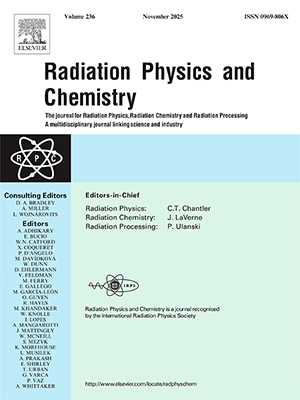
Exploring the atomic and electronic structures of low thermal conductivity materials using a combined XAS and DFT approach
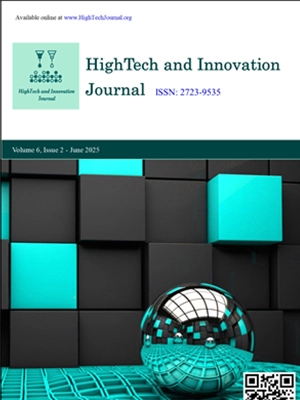
Integrating Social Cognitive Neuroscience into Digital Learning: Strengthening Pre-Service Teachers’ Learning Design Competencies
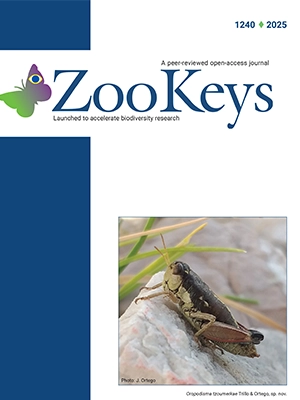
Two new species of Nitocrella (Copepoda, Harpacticoida) from a spring in Loei Province, northeastern Thailand
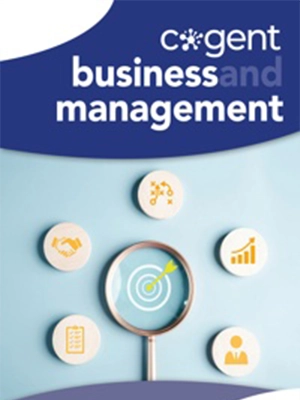
TQM and sustainable hospitality: unpacking the link between green culture, employee behavior, and hotel performance
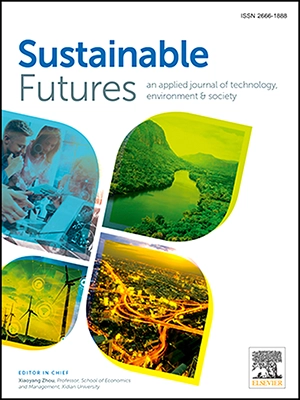
The paradox of consumer-level open innovation collaborators in sustainable consumption transformatio

NMR-based metabolomics of Burkholderia pseudomallei biofilms and extracellular polymeric substance cultured in LB and MVBM media
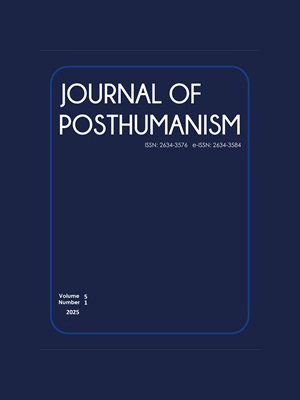
Transnational Migration and Social Integration of Chinese Educational Migrants in Chiang Mai under the New Media Era
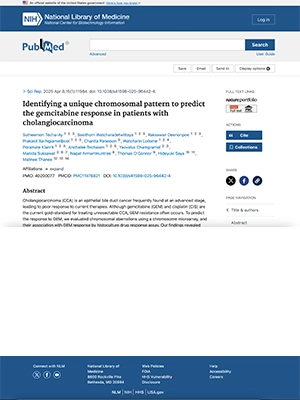
Identifying a unique chromosomal pattern to predict the gemcitabine response in patients with cholangiocarcinoma
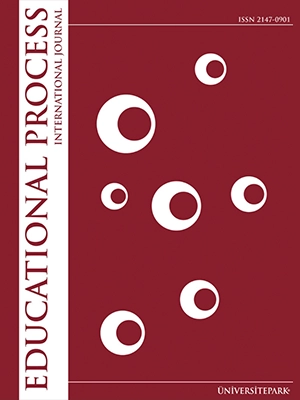
Enhancing Critical and Creative Thinking Capabilities in Pre-service Teacher Education: Digital Integration and Pedagogical Innovation in Thailand’s Next Normal Era
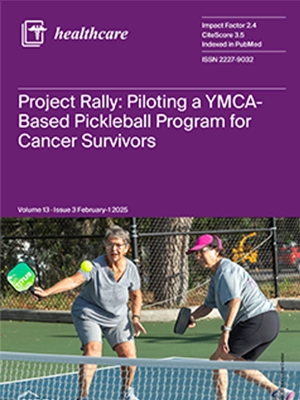
Examining Burnout Among Intern Physicians During the COVID-19 Pandemic: Insights and Solutions from Qualitative Research
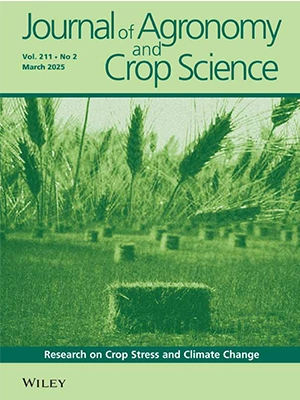
Short-Term High Temperature Alters psbA Gene Expression and D1 Protein Related Photosystem II Function in Rice Seedlings
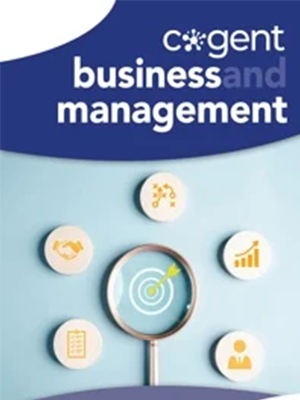
Structural equation model of sensory preferences, acceptance, and purchase intentions of a novel food product and their relationship to emotional responses: the case of an instant congee product mixed with cricket protein powder
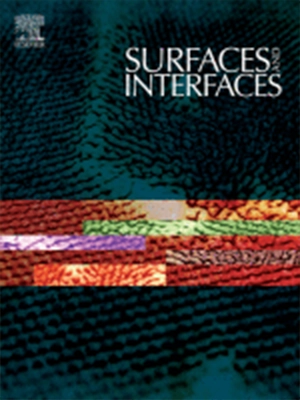
Surface modification of lignin-based activated carbon for enhanced hydrophobicity in oil-in-water emulsion separation, self-cleaning and antibacterial applications
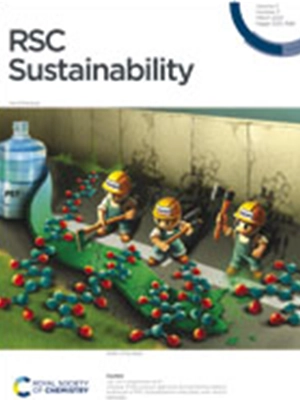
Phosphorus recovery from animal manures through pyrolysis: phosphorus transformations, release mechanisms, and applications of manure biochars in agriculture
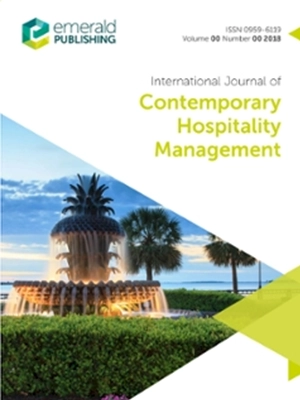
The interplay of social and intrapersonal factors in plant-based food consumption: a comprehensive analysis using the SOR, signaling and protection motivation theories

The art of dining: creative local restaurants as key drivers of tourist memorable experiences and well-being
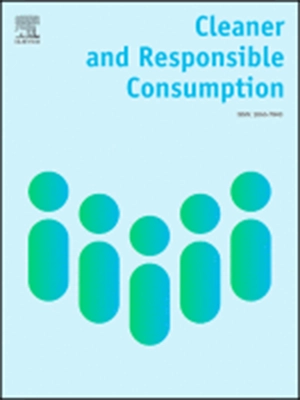
The influence of carbon perception on sustainable behaviors: Tailoring sustainability strategies based on individuals’ levels of openness to green technology adoption

Open innovation’s effects on Indonesia’s digital health market andrelated societal issues

Breaking barriers: examining the impact of language on employee-driven innovation in European multinational subsidiaries in Thailand

Digitalisation to zero-waste: the interplay of open eco-innovation and the circular economy in agricultural enterprises
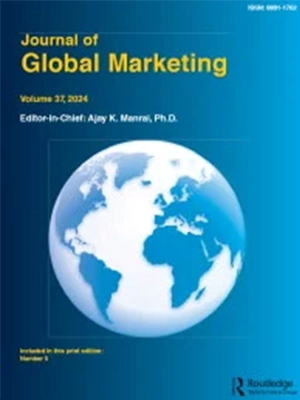
Exploring the Influence of Green Message Framing on Perceptions of Motive, Warm Glow and Willingness to Pay Premium at Restaurants
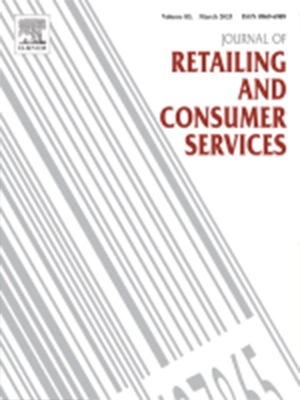
Exploring moral hazard and adverse selection in the context of greenwashing and organic product consumption
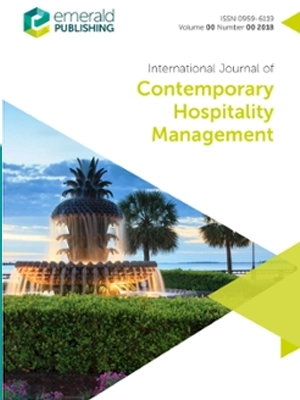
Back to the table: how omnichannel social media marketing returns customers to restaurant locations
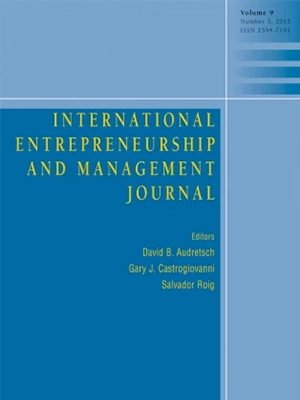
Unveiling the determinants of alternative payment adoption: exploring the factors shaping generation Z’s intentions in Thailand
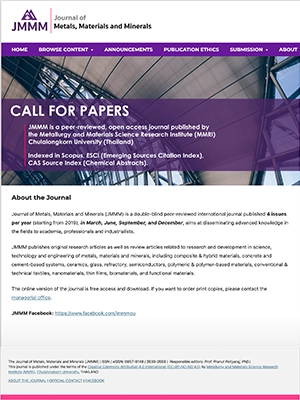
Nutrient retention and availability of biochars prepared by co-pyrolysis of vinasse with sugarcane filter cake
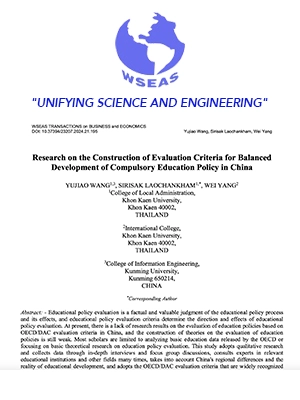
Research on the Construction of Evaluation Criteria for Balanced Development of Compulsory Education Policy in China
OUR TEAM


ASST. PROF. WUTTIWAT JITJAK
PROJECT ADVISOR


ASST.PROF. SIRIMONBHORN THIPSINGH
PROJECT ADVISOR


ASST. PROF. DR. CHAVIS KETKAEW
PROJECT ADVISOR


Assoc. Prof. Dr. Phaninee Naruetharadhol
DIRECTOR OF CENTER FOR SUSTAINABLE INNOVATION AND SOCIETY


Sasikorn Wongsaichia
RESEARCH ASSISTANT


Pannyabhas Punnyadhanasakul
RESEARCH ASSISTANT


SIRINAPHA PHONSIRI
GENERAL ADMINISTRATION OFFICER
